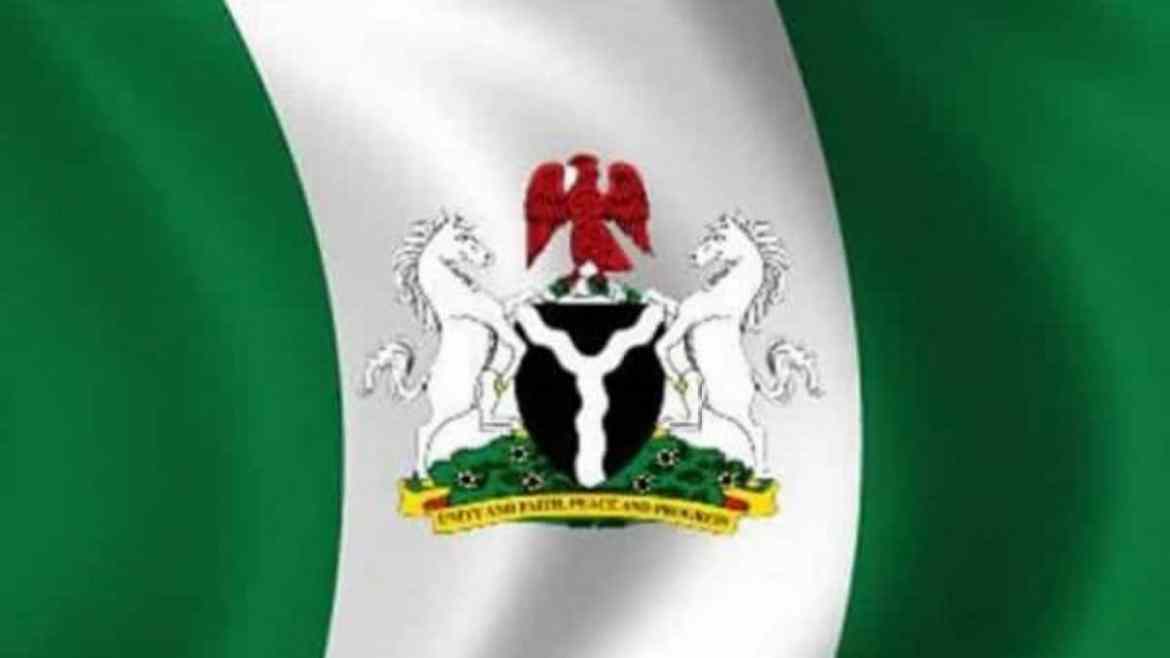With Nigerians not backing down on protests for the reform of the police force and total disbandment of the Special Anti- Robbery Squad (SARS), there are speculations that the government might shut down the internet.
Six days ago, a video of a fatal police shooting of a Nigerian man, sparked outrage and reignited a public call for the total dissolution of the controversial police unit in the country.
The video caused large numbers of Nigerians including celebrities, politicians, and activists calling for justice using hashtags such as #WarOnSars, #EndSars, and #SarsAlert #SARSMUSTEND.
Read Also: EndSARS: Aisha Issues warning As Armed Thugs Attack Protesters
With celebrities adding their voice to the #EndSARS campaign, it jumped to the top of global trend on Twitter and drew international support from celebrities and soccer stars like Kanye West, Trey Songs, Mesut Ozil and Marcus Rashford.
Nigeria’s superstars, Wizkid and Falz who are also part of this generation of protesters, have been physically present in London and Abuja protests.
The protests against the police have largely been organized on social media, fuelled by citizens sharing their experiences of police abuses and videos of brutal incidents, including the beating of civilians and the firing of live ammunition at protesters.
The campaign moved from social media to the streets of Nigeria, with protesters demanding an end to the rogue police unit and a wholesome police reform.
However, the protesters are not relenting despite the dissolution of the notorious police squad but have continued to protest noting the government’s ineffectual promises of police reforms and investigations in the past.
The campaigners have also been able to organise funds to cater to their welfares during protest using digital payment platforms.
But there are now speculations that the Nigerian government may to shut the protesters up by shutting down the internet since surreptitious move to divide the protesters have failed.
Active protesters on and off social media have said unknown numbers have been calling to threaten them to back off.
Moreover, Feminist Coalition, a pro-#EndSARS women group, said its bank account has been deactivated.
“For demanding an end to police brutality we are now under attack,” the group said on Twitter on Tuesday.
Nigerians are however speculating that the government in order to mute the campaign may clampdown on social media like its counterparts in other African countries have done in the past.
For instance, Chad shut down the internet in early 2018 despite the international media campaigns against the deliberate clamp down on free speech in the landlocked African country.
“Chad is among the worst states in the world regarding respect of digital rights,” Internet Without Borders said in December 2018.
But Chad is not the only African country where the government’s censorship of digital rights was used to stifle freedom of speech.
Between 2016 and 2018, the authorities in South Sudan, Cameroon, Ethiopia, and Somalia also shut down the internet in their respective countries.
While Zimbabwe, Sudan, and the Democratic Republic of Congo have forced internet shutdown in 2019, Tanzania, Uganda, and a host of North African countries have stringent subsisting rules for the use of social media and digital publishing.
Nigeria almost moved in that direction in 2019 as law that sought to punish individuals behind certain social media posts which was proposed to the Nigerian Senate in 2017 passed first reading.
Massive media backlash prevented lawmakers from passing the bill into law.
Campaigners also argued that the #EndSARS was missing on trend table on Twitter despite thousands of people tweeting the hashtag.
Some of them said the government may have tampered with the hashtag. That belief led to the birth of #SARSMustEnd.
Paradigm Initiatives media and program manager Adegoke Adeboye said it is not “impossible” for the Nigerian Government to shut down the internet but hoped it will not get to that point.
“The government’s response to the protest has been double-faced, “ Adegoke said.
“While saying all the nice things openly, it is secretly attacking private businesses that has lent their platforms to support the protest.”
He said the clampdown on Flutterwave might be the first step to mute the active participation of citizens in the protest.
“We all know the role that the Internet is playing in the protest and we can already imagine that someone has proposed this to the government,” Adegoke said.
Adegoke further stated that it is better Nigerians are prepared than to be caught unawares.
“In April last year, PIN developed some guidelines to help citizens stay online should the government shut down the internet.”
“The guides are still relevant and we are also working with some of our partners to specifically help Nigerians stay online should the government shut down the internet. The digital rights community are therefore envisaging this already.”
THE GUARDIAN NG

